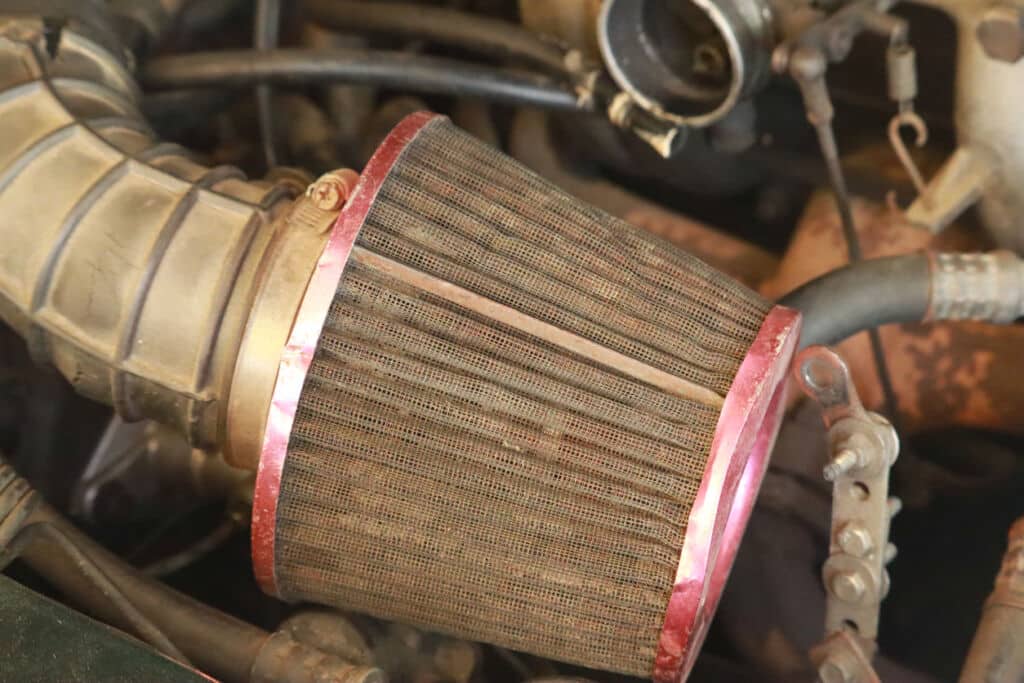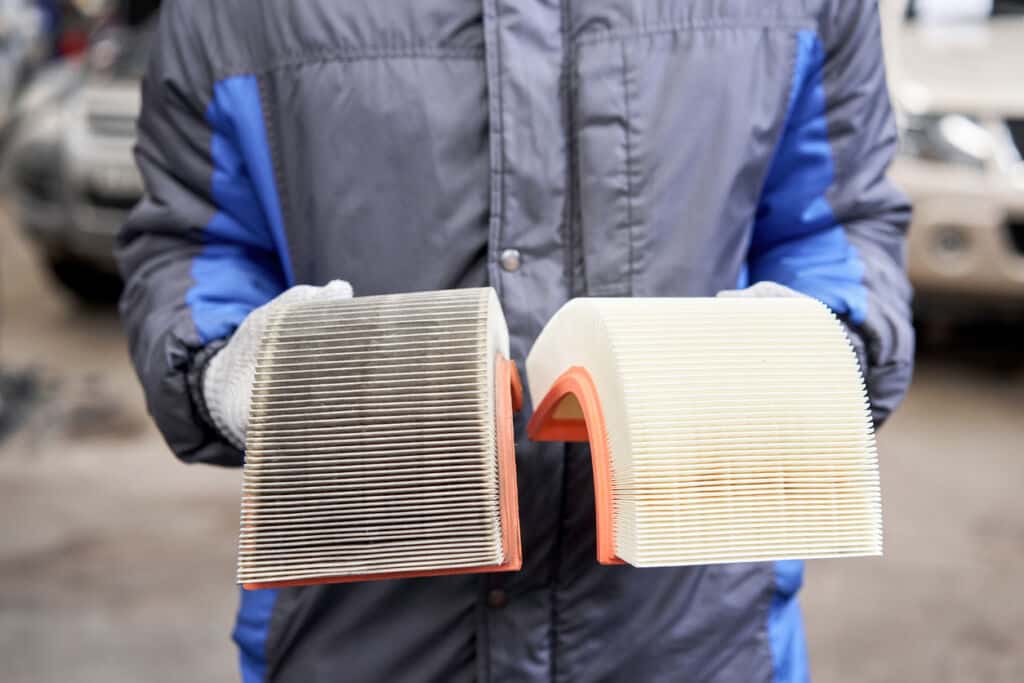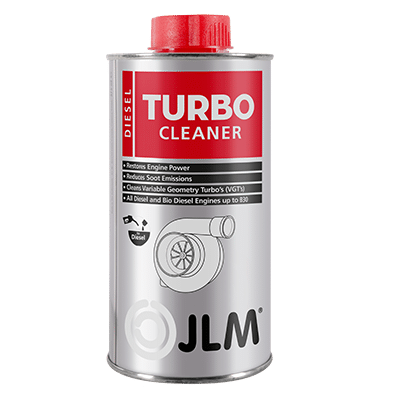Your vehicle’s air intake system plays a crucial role in engine performance and efficiency, drawing in and filtering air that enters your engine. But what happens when this system becomes clogged or contaminated? Air intake issues, whether caused by a dirty air filter or contamination in the intake system, can lead to poor fuel economy, reduced power, and even engine damage.
In this article, we’ll explore common air intake problems, focusing on both blocked air filters and air intake contamination, their impact on performance, and how preventative maintenance can help you to avoid costly repairs in the future.
What is an air intake blockage?
An air intake blockage occurs when airflow to the engine is restricted due to dirt, debris, or mechanical failures. One major issue, particularly in diesel engines, is the accumulation of soot and oil vapors in the air intake. This buildup is a result of the recirculation of exhaust gases, a process which aims to reduce emissions. Over time, these contaminants build up and restrict airflow, reducing overall performance.
Similarly, a blocked air filter can restrict airflow by trapping excess dirt, dust, and debris, preventing clean air from reaching the engine. While an air filter is designed to protect the engine, excessive buildup can reduce performance and increase fuel consumption.
By the time a motorist notices the problem, the air restriction will already be severe, leading to not only reduced performance, but costly repairs as well. Preventative maintenance is essential to avoiding this and keeping your vehicle healthy.

What are the causes of air intake problems?
As mentioned above, contamination and dirty air filters are the most common issues with the air intake system. There are, however, several other factors that can contribute to air intake issues, including:
- Faulty intake valves: If intake valves fail to open or close properly, air may not reach the engine efficiently.
- Throttle body issues: A clogged or malfunctioning throttle body can restrict airflow.
- Damaged air intake hoses: Leaks or cracks in the intake hoses can reduce efficiency and cause unfiltered air to enter the engine.
Whilst each of these issues can negatively affect performance, contamination of the air intake system and dirty/blocked air filters are the most common culprits, making preventative cleaning and maintenance crucial. Below, we will dive deeper into these issues and how to prevent them.
What causes air intake contamination and air filter blockages?
Contamination in the air intake system
Particularly in diesel engines, the EGR system reintroduces exhaust gases into the intake to lower emissions. However, these gases contain soot and oil vapors that accumulate throughout the air intake system over time. This causes a buildup and reduces airflow and overall vehicle performance. If left untreated, this buildup can severely impact engine efficiency and cause long-term damage.
Petrol engines also experience intake contamination, though the levels of soot buildup are much lower due to differences in combustion processes.
Blocked air intake filters
The air intake filter’s job is to trap dirt, dust, and other contaminants before they reach the engine. These particles accumulate over time, leading to reduced airflow and performance issues. The main reasons an air filter becomes blocked include:
- Environmental conditions: Driving in dusty, polluted, or off-road environments increases debris buildup.
- Lack of maintenance: Neglecting regular air filter replacements leads to clogging over time.
- Road debris: Leaves, insects, and other particles can get trapped in the filter, causing larger blockages to the filter.
- High mileage: The more you drive, the more contaminants your filter collects.
How to prevent air intake contamination and air filter blockage
Preventative maintenance is key to avoiding severe air intake restrictions.
- For air filters, regular inspections and timely replacements can ensure optimal airflow.
- For intake contamination, using a high-quality air intake and EGR cleaner, such as those from JLM Lubricants, can help remove built-up deposits before they become a serious issue. Regular maintenance and cleaning helps keep airflow unrestricted, ensuring optimal engine performance and fuel efficiency.
- Please see recommended JLM air intake products below:
- JLM Diesel and Petrol Intake Cleaner Spray
- JLM Diesel Air Intake & EGR Cleaner (For professional use)
- JLM Diesel Intake Extreme Clean Toolkit (For professional use)

Common FAQs about air intake problems
Can a broken air intake damage your engine?
Yes, a broken or contaminated air intake system can lead to serious engine damage over time. Restricted airflow forces the engine to work harder, increasing wear and tear on internal components.
What does an air intake leak sound like?
An air intake leak often produces a hissing or whistling noise from under the hood of your car, particularly during acceleration. This sound is caused by unmetered air being sucked in through the leak and into the air intake system, disrupting the fuel-air mixture.
How much does it cost to repair an intake manifold?
The cost of repairing an intake manifold can vary depending on the vehicle make and model. On average, it can range from £100 to £600 depending on the severity of the damage and the vehicle make and model. Regularly maintaining your intake manifold and using quality products from JLM Lubricants can help prevent costly repairs.

